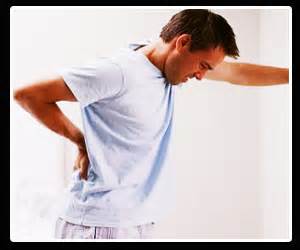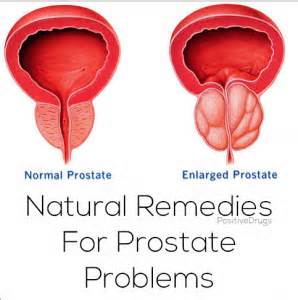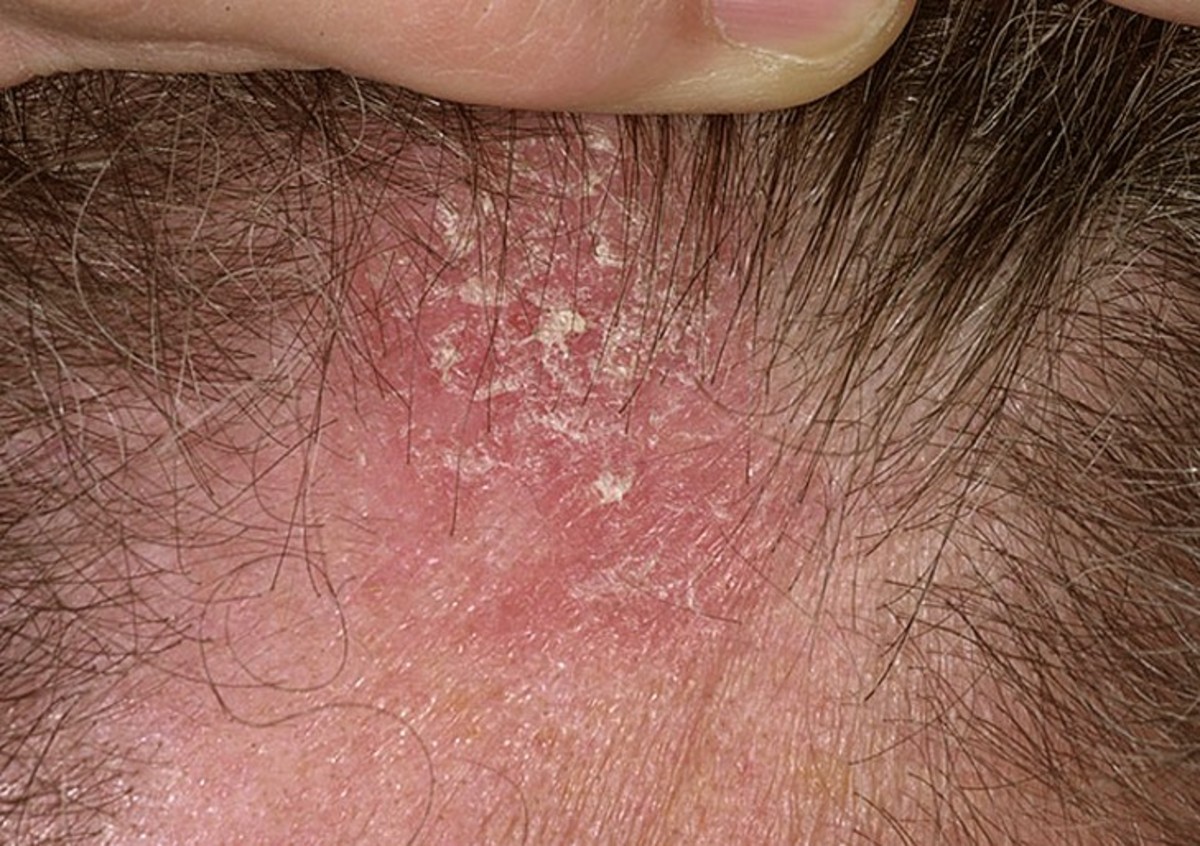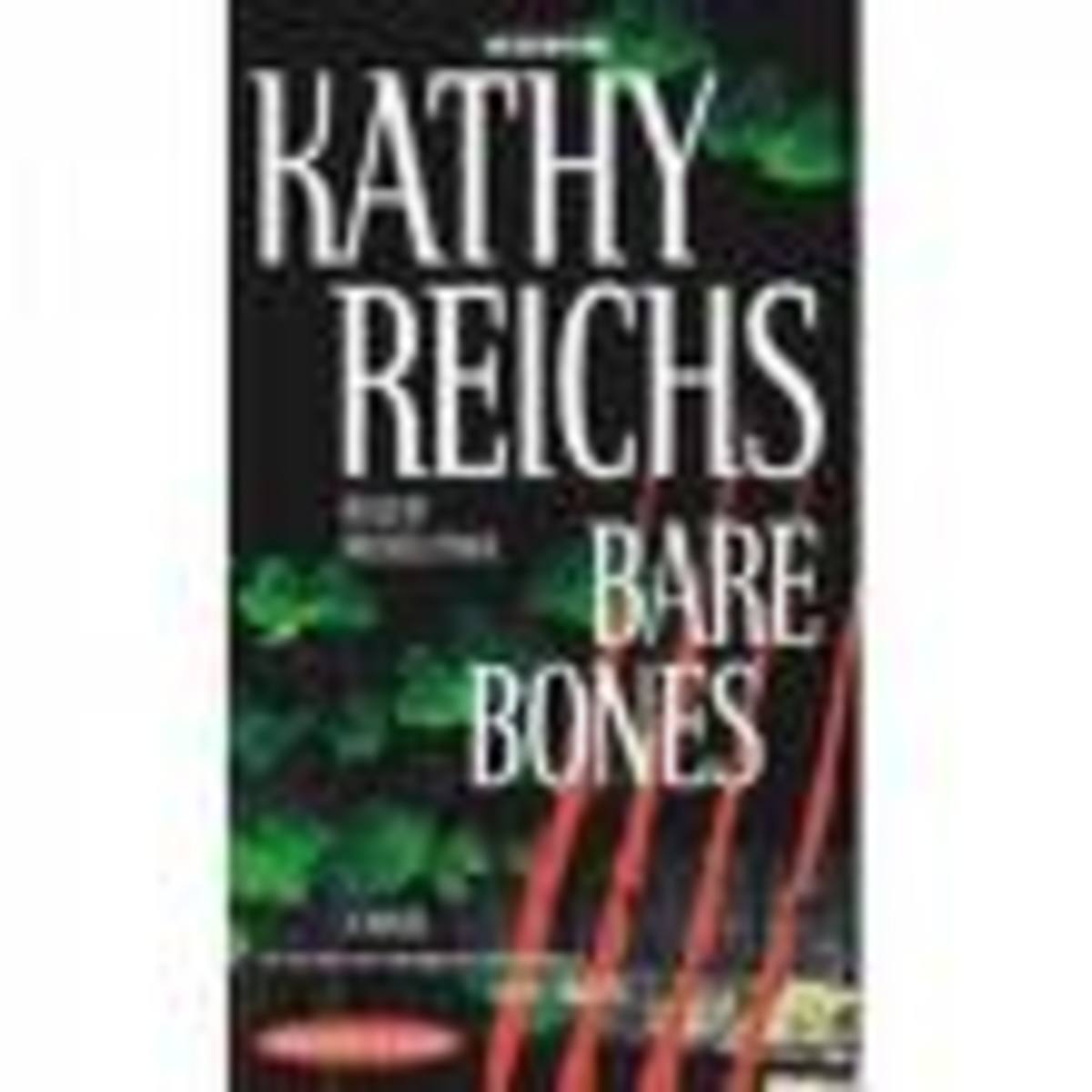Prostate Problems- Causes and Treatments
Introduction [1]
-
The prostate is a doughnut-shaped male reproductive system gland positioned beneath the urinary bladder and encircles the urethra
-
Contraction of the muscles in the prostate squeezes fluid from the prostate into the urethral tract during ejaculation. Prostatic fluid makes up the bulk of semen
-
The prostate is the most common site for disorders in the male genitourinary system
-
There are three main conditions that can cause problems with the prostate and they are prostatitis (inflammation of the prostate), benign prostatic hypertrophy (enlarged prostate with no signs of cancer) and prostate cancer
Causes/Aetiology [1]
-
Prostatitis is common in men of all ages and is usually caused by infectious bacteria that invade the prostate from another area of the body
-
Hormonal changes associated with aging may also cause prostatitis
-
Inflammation of the prostate thus causes urine retention, causing the bladder to become distended, weak, tender and susceptible to infection. Bladder infection can easily be transmitted up the ureters to the kidneys
-
There are three types of prostatitis [1]:
-
Acute infectious prostatitis; usually caused by bacteria and of sudden onset. Symptoms include pain between scrotum and rectum, fever, frequent urination with burning sensation, feeling of bladder fullness and blood and pus in urine.
-
Chronic infectious prostatitis is also a bacterial infection and is long term. Symptoms may include nothing more than a bladder infection.
-
Non-infectious prostatitis is not caused by a bacterial infection. The cause is unknown. Symptoms may include frequent urination which is possibly accompanied by pain, pain after ejaculation and lower abdominal pain
-
It is important to note that all types of prostatitis if left untreated, can lead to impotence and difficult in urination
-
Benign prostatic hyperplasia [1]:
-
is the gradual enlargement of the prostate which usually begins after the age of forty
-
50 percent of men over sixty years old and 90 percent of men over seventy five have it
-
After the age of around 50 years of age, a man's testoterone and free testosterone levels decrease while the levels of of other hormones like prolactin and estradiol increase. This creates an increase in the amount of dihydrotestosterone which is a very potent form of testosterone within the prostate which causes a hyperplasia or overproduction of prostate cells and thus prostate enlargement
-
Vasecotomy for sterilization has been linked to prostate disorders and even cancer
-
Some believe that prostatitis is caused by an inability to process uric acid, a condition that can lead to gout
-
Zinc deficiency is linked with prostate enlargement

Symptoms and signs of Prostate enlargement
-
The major symptom is the need to pass urine more frequently with frequency increasing as time passes
-
There may also be the presence of pain, burning and difficulty starting and stopping urination and perhaps the presence of blood in the urine
-
While not cancerous, an enlarged prostate can obstruct the urethral canal, thus interfering with urination and the ability to empty the bladder completely which ultimately places dangerous pressure on the kidneys and cause kidney damage from pressure and substance buildup
-
Bladder infections are associated with both prostatitis and enlarged prostate
Diagnosis [1]:
-
Testing for prostatitis and enlarged prostate usually involves a digital rectal exam plus a blood test that screens for levels of prostate specific antigen (PSA), a protein secreted by the prostate
Case study
A man in his mid fifties, smoker, leads a sedentary lifestyle, doesn't eat healthily and does little or no exercise. Experiencing burning sensation and pain upon urination, needing to pass urine more frequently.

Treatments:
CONVENTIONAL [1, 2]]
-
Enlarged prostate may be treated surgically with a procedure called transurethral resection of the prostate (TURP). This procedure is twice as likely to provide lomg term relief than drugs or other treatments. Side effects include retrograde ejaculation ( in which the semen is pumped back into the bladder) and in some cases, impotence or incontinence
-
Prostatron is a transurethral procedure that uses microwaves to destroy excess prostate tissueAnother microwave procedure Targis system protects the urethra using a cooling system. Both procedures are done in about an hour on an outpatient basis without general anaesthesia. These procedures do not cure benign prostatic hyperplasia but these reduce urinary frequency, urgency, straining and intermittent flow
-
Drugs like finasteride and dutaseride may be utilized to treat moderate prostate enlargement. Both of these block an enzyme that converts the male hormone testosterone into dihydrotestosterone which promotes growth of prostate tissue. These medications increase urine flow and reduce prostate size. Side effects are rare and mild and mostly related to sexual dysfunction which is reversible once medication is stopped. However it may skew blood test results used to detect prostate cancer due tocausing a reduction in the amount of prostate tissue
-
Alpha blockers like terazosin and doxazosin can be used to reduce size of an enlarged prostate
-
Antibiotics are warranted in presence of urinary tract infection and include Trimethoprim 300mg daily for 14 days
DIET AND LIFESTYLE [1]
-
All men forty and over should have a yearly rectal examination during which the prostate gland is checked
-
If the prostate is infected, treatment with antibiotics and analgesics may be needed
-
Engaging insexual intercourse while the prostate is infected and irritated mzy further irritate the prostate and delay recovery.
-
If prostate is enlarged, be careful about using over the counter cold or allergy remedies as many of these contain ingredients that can inflame the condition and cauxe urinary retention
-
Get regular exercise. Avoid riding a bicycle with a standard seat though as this may place pressure on the prostate, use special bicycle seats with a central opening.
-
Increase fluid intake if you have prostatitis to help prevent cystitis and kidney infection as well as debydration
-
Avoid exposure to very cold weather
-
Use hydrotherapy to increase circulation in the prostate region. One method involves sitting in a tub that contains the hottest water tolerable for fifteen to thirty minutes once or twice a day
-
Eat one to four ounces of raw pumpkin seeds daily because pumpkin seeds are helpful for almost all prostate troubles as they are rich in zinc
-
Eliminate tobacco, alcoholic beverages especially beer and wine, caffeine especially from coffee or tea, chlorinated and fluoridated water and spicy or junk foods
-
Limit exposure to pesticides and other environmental contaminants
-
Try to reduce weight if one is overweight
-
Reduce blood cholesterol level as studies have shown a connection between high cholesterol and prostate
-
Drink more cranberry juice which can protect against urinary tract infections which have been linked to some forms of prostatitis
-
Eat fresh fruits and plenty of raw vegetables like low calorie vegetables such as broccoli, cabbage, carrots, cauliflower, celery, cucumbers, green beans, kale, lettuce, onions, radishes, spinach and turnips. Low carbohydrate fruits include apples, cantaloupe, grapefruit, strawberries and watermelon
-
Eat foods raw if possible. If foods are heated, they should be baked, steamed, broiled or boiled instead of fried or greasy foods
-
Eat smaller and more frequent healthy nutritious meals
HERBS/SUPPLEMENTS [1]
-
Non-dairy form of Acidophilus taken as directed, breaks down metabolites of estrogen
-
Quercetin 1200 to 2000mg daily, anti-inflammatory and antitumor flavonoid
-
Selenium, as directed on label, has antioxidant properties that help protect cells from toxin damage linked to prostatitis, especially effective when taken with Vitamin E
-
Vitamin B complex 50mg of each major vitamin three times daily which is necessary for all cell functions and antistress
-
Vitamin B6 (pyridoxine), 50mg twice daily, has anticancer properties
-
Zinc 80mg daily, do not exceed 100mg daily in total, deficiency has been linked to BPH, prostatitis and even prostate cancer. Best to use zinc gluconate lozenges for better absorption. Combine with Copper 3mg daily to balance out with zinc
-
Essential fatty acids (fish oil or flaxseed oil) to be taken as directed on the label three times daily, important in prostate function
-
Garlic, 2 capsules three times daily, acts as a natural antibiotic
-
L-alanine and l-glutamic acid and l-glycine, taken as directed on the label on an empty stomach with water or juice (not milk). Take with 50mg Vitamin B6 and 100mg Vitamin C for better absorption; amino acids needed for normal prostate function
-
Methylsulfonylmethane (MSM), as directed on label, relieves pain and inflammation
-
Vitamin A plus carotenoid complex 5000 to 10000IU daily, potent antioxidants and immune system enhancers
-
Vitamin E 200IU daily or 400IU every other day, potent antioxidant and immune system enhancer. Use d-alpha tocopherol form
-
Chinese ginseng is beneficial for prostate health and sexual vitality (avoid in hypertension, pregnancy and lactation)
-
Bilberry and birch are urinary tract antiseptics
-
Goldenseal root (not to be taken for more than 1 week at a time) is diuretic and antiseptic
-
A decoction of equal quantities of gravel root, hydrangea root and sea holly helps to reduce discomfort of urination and ease inflammation. Take 3 to 4 teaspoonfuls three times daily. We can add marshmallow leaves to this mixture for their demulcent properties if burning persists
-
Pyegeum (pyegeum africanum) has been proven effective in treatment and prevention of BPH and prostatitis in many worldwide studies and has become primary therapy for these conditions in Europe
-
Saw palmetto has been used to treat prostate enlargement and inflammation, painful ejaculation, difficult urination and enuresis. It's mode of action is through reducing the amount of hormonal stimulation of the prostate gland
Prognosis
With correct and appropriate diagnosis and treatment, along with lifestyle and dietary facfors, this condition can be effectively managed. Yearly prostate examination is recommended to ensure the prostate gland is checked and disorders treated accordingly and managed.
References
1) Phyllis A. Balch, Prescription for nutritional healing, Fifth edition, Penguin publishing, New York 2010
2) Australian Medicines Handbook 2014, Pharmaceutical Society of Australia, Adelaide South Australia





